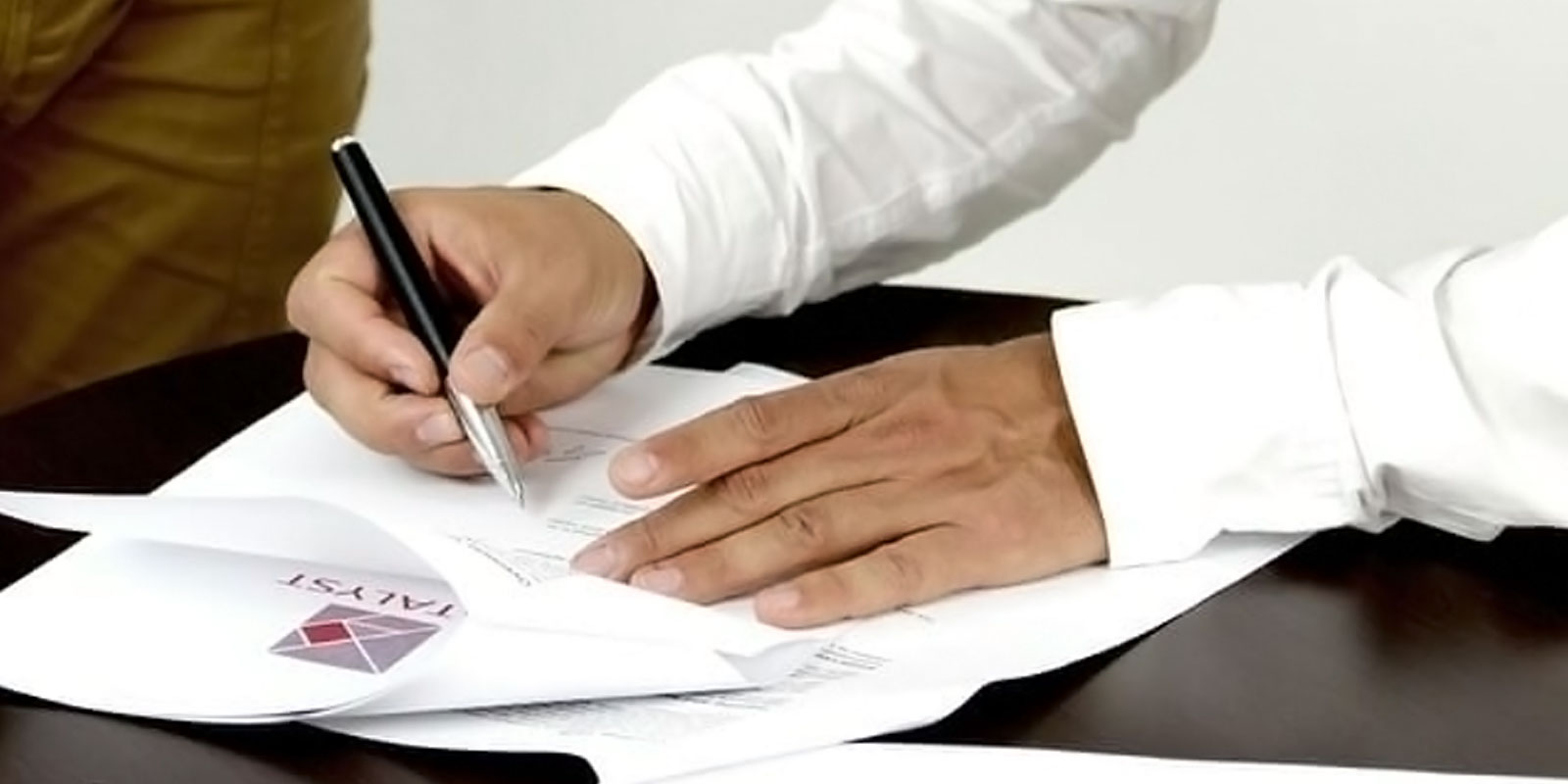A Texas Jury awarded a Dallas woman $37.6 million after finding that a Honda minivan’s poorly designed seatbelt was the cause of her paralysis.
According to court documents, on Nov. 15, 2015, Sarah Milburn sat in the third-row middle seat of a Honda Odyssey operated by an Uber driver when a pickup truck struck the minivan. Sarah sustained cervical injuries resulting in quadriplegia.
The Dallas jury announced a verdict in favor of Milburn on Wednesday who alleged that the seatbelt in the minivan was defective. The seatbelt’s two-part system requires the passenger to connect a shoulder strap on the van’s ceiling to the seat and then pull the belt across her hips and buckle it. The lawsuit alleged that because of the defective seatbelt, Milburn was not safely restrained when the minivan was hit, throwing her head forward into the seat in front of her, causing her injuries.
Although the 2011 Honda Odyssey seat belt system complied with government regulations, they were not enough to protect the public from unreasonable risks according to the jury. The auto company’s U.S. subsidiary, American Honda Co was found negligent in designing the seatbelt system.
The jury assigned Honda 63% responsibility for Milburn’s injuries. The jury also found the Uber driver was 32% responsible for speeding and running a red light at the moment the crash occurred, and Milburn was 5% responsible.
Milburn was awarded $37.6 million in damages, including $20 million in future medical expenses, $8 million for past and future mental anguish and $3 million for past and future physical pain.
Studies conducted for the lawsuit revealed that 50 out of 53 people had put on their seatbelt the same way Milburn did the day of the collision.
“What the jury needs to understand is that it’s not enough to just equip a car with seat belts. The carmaker also has to make sure people can and will use them safely,” Milburn’s attorney said.
Neither the pickup driver nor the Uber driver sustained serious injuries in the crash.
Defective Auto Parts Pose Serious Harm
An auto part has a faulty design if it fails to perform as an ordinary consumer would expect when used in an intended or foreseeable manner.
Defective auto parts can range from brakes to seatbelts, but they all have one thing in common: negligence by a manufacturer. If designed poorly or installed incorrectly, defective auto parts can cause catastrophic injuries and even death to passengers. If such defects caused you or a loved one harm, you may have a cause of action against the manufacturer and may be eligible for compensation.
Product liability claims can be based on the following, but are not limited to:
Seat belt failures- Buckling up is the top safety measure to take when you are an occupant in a vehicle. When seat belts fail, the results are often catastrophic and many times deadly. Seat belts can malfunction in a variety of ways including unlatching, detaching, tearing and improper shoulder harness fit among others.
Defective airbags/ airbag malfunction- Frequent airbag recalls have made the majority of us are aware of the seriousness of defective airbags. A defective airbag may fail to deploy during a collision or deploys when it is not supposed to causing severe injuries such as spinal injuries, facial injuries and brain injuries to name a few.
Tire defects- Defective tires may “blow out” causing tread separation that can lead to dangerous rollovers, spinouts, and other single vehicle collisions. A common reason for tread separation is poor tread design.
Brake failure- Braking systems are an important part of vehicle safety. Brakes are what allow us to reduce speeds and stop us from slamming into other cars and objects. Brake systems involve discs, rotors, calipers and hydraulic lines that must work together properly in order to stop the vehicle safely. If a vehicle has a brake defect, the vehicle’s passengers and anyone nearby is in danger.
Seat back failures– Seat backs serve a greater purpose than comfort. If the back of a bucket seat collapses in a collision, the occupant is exposed to serious injury because there will be an interference with the restraint system. The person sitting on the defective seat is not the only one who may suffer injuries if seat back failure were to occur. A front-row seat back collapse can seriously injure the rear seat passenger during a rear-impact collision.
Most states make it possible to hold a manufacturer strictly liable for a defective auto part. This means that you will not have to show that the manufacturer’s action fell below a particular standard of care. With the help of an experienced Defective Auto Products lawyer, you will need to prove that defective auto part was unreasonably dangerous and such defect caused you harm.
The Carlson Law Firm can help
No one expects to be harmed by something intended to keep them safe, such as a seat belt. However, auto defects come to light more than expected. If an auto company’s carelessness or unreasonable cost-saving decisions led to your injuries, you have the right to hold that company legally liable for your injuries and financial losses associated with the result of the auto defect.
If you or a loved one suffered injuries due to an auto defect, know that there are resources available to you. Let our Defective Auto Products Injury Attorneys evaluate your claim and help you explore your options for seeking maximum compensation while ensuring you are in the best possible position for long-term relief. Here at The Carlson Law Firm, we have a team who has devoted over 40 years to protecting victims and their families. We will protect you any way we can.
Contact us today for a free, no-obligation consultation. We care, we can help.





